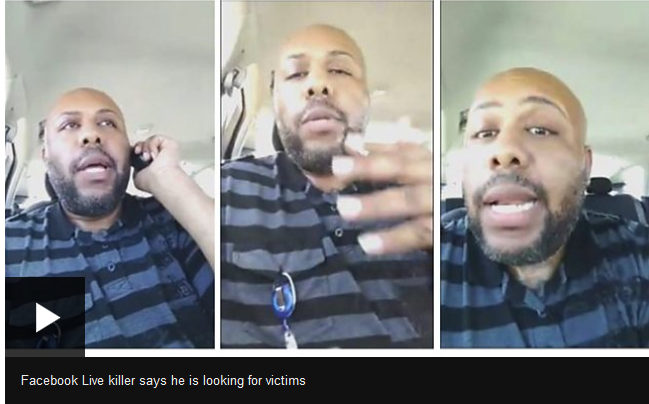The idea of raising taxes on anyone, even the obscenely wealthy
who can most afford it, has been politically taboo for years, thanks to
the dominance of junk ideas like "trickle-down economics." But
apparently, outside of the world of pundits, politicians, and the
super-rich, it's not that appalling a notion. Ever since Alexandria
Ocasio-Cortez reminded people that the top tax bracket in this country
used to be as high as 70 percent for decades—a period during which there
was still economic growth and rich people—more and more polls
are showing that Americans across the political spectrum are in favor of
returning to that norm.
It turns out that even Fox News can't find a way to hijack those
numbers. The network's own polls, conducted at the end of January, found
a staggering 70 percent of respondents supported raising taxes on
annual income over $10 million. In fact, 65 percent were down for
raising taxes on those making over $1 million per year.Related Video:
On Tuesday, a pair of baffled anchors referred to this trend as a movement "against capitalism." It is a dubious assertion, because by that definition the U.S. has only been a capitalist country since the 1980s, when Reagan knocked the top tax rate even lower and conservatives convinced enough legislators that "a rising tide lifts all boats" was a substitute for economic policy. But in their efforts to find an explanation for why so many people are turned off by unfettered, unregulated, and unaccountable capitalism, they turn to Charles Payne of Fox News Business. His explanation: Schools have brainwashed kids with lessons about "fairness.
In Payne's view, these deluded kids who were taught that fairness was important are now all grown up and voting. The counterargument—that the generation that grew up in the worst economic recession in decades, that is saddled with crippling student debt on a previously unheard-of scale, and that faces dramatically less economic opportunity than their parents would have a very natural and understandable aversion to policies that let the already rich hoard even more money—seems not to have occurred to him.
Blaming the abstract concept
of "fairness" may seem like a reach, but it's not unprecedented in
right-wing media. In last year's Mr. Rogers documentary, Won't You Be My Neighbor?,
Fox News makes an unexpected cameo in a segment about conservative
backlash to Rogers' show, when anchors complained that Rogers' recurring
theme that "everyone is special" was inconsistent with American ideals
that hold that people have to earn their value. If Fox News
sees this kind of thinking—that "fairness" corrupts children's brains
and kids are only worth as much as someone is willing to pay them—as the
happy byproduct of capitalism, maybe they should be less surprised that
young people are over it.


























